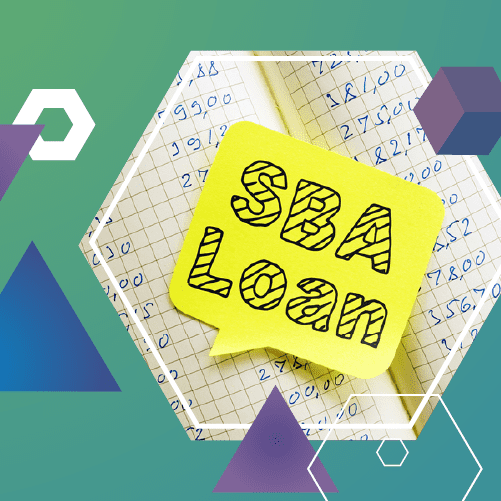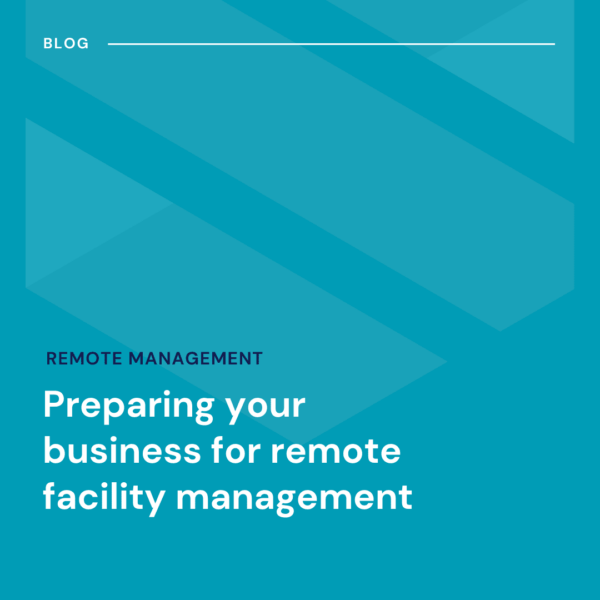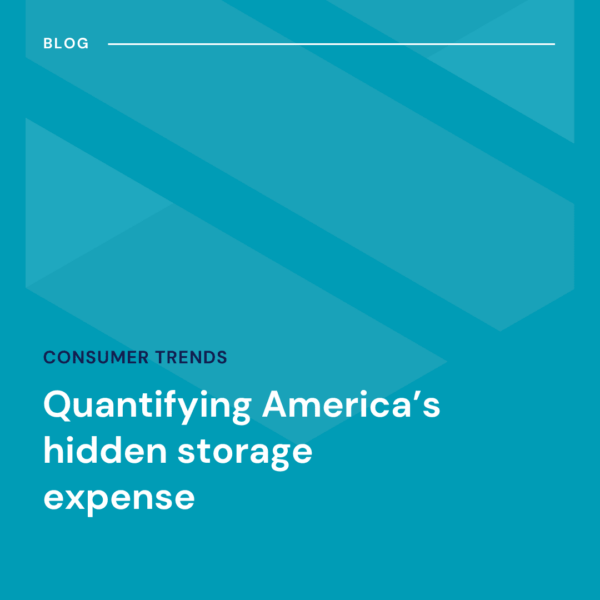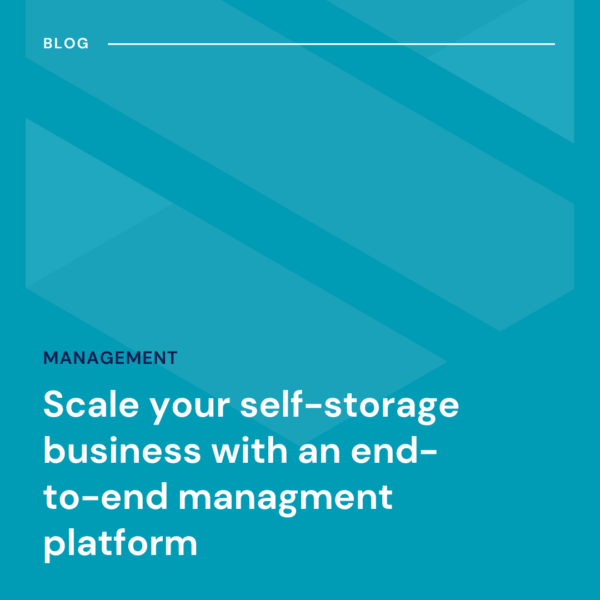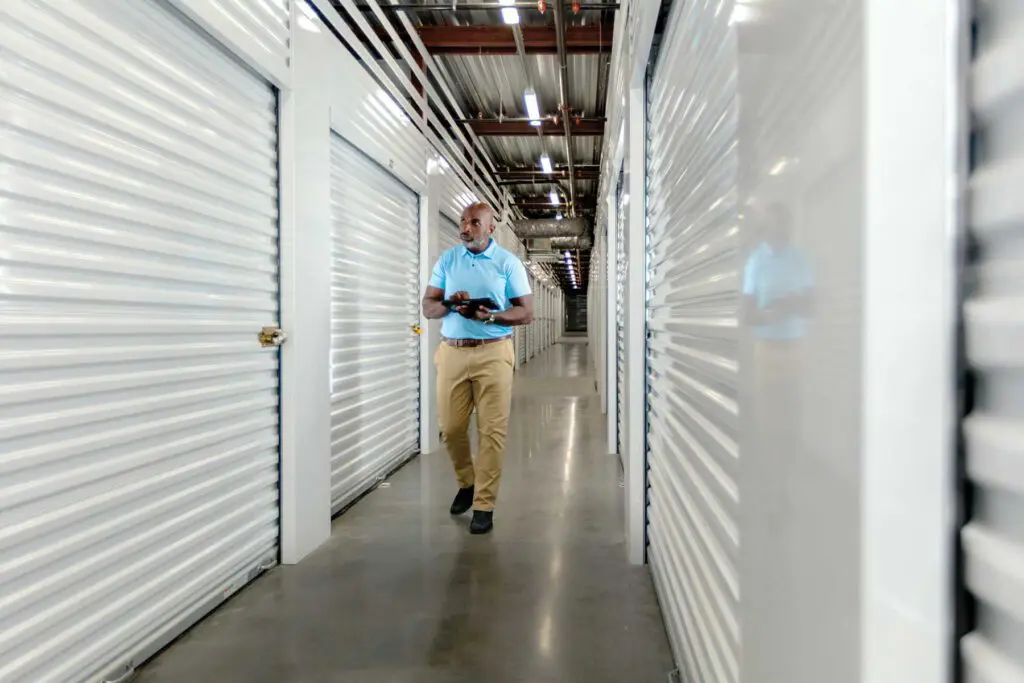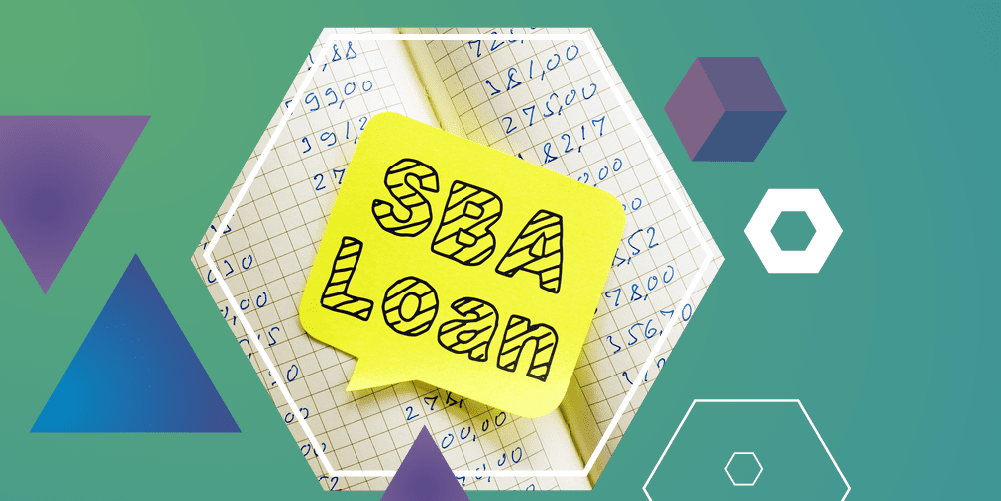
Self-storage investors enjoy an array of options when it comes to financing the purchase, construction or renovation of a storage facility. Loans backed by the U.S. Small Administration (SBA) are some of the best alternatives out there.
What is an SBA self-storage loan?
Live Oak Bank, a self-storage lender, explains that an SBA loan for self-storage or another business is made by a bank or other lender, but the federal agency partially guarantees the loan. This enables a lender to extend a loan to a borrower who otherwise might find it hard to secure a loan with attractive terms.
Benefits of SBA loans compared with traditional loans include:
- Flexible equity and collateral requirements.
- No restrictions imposed by loan covenants.
- Longer terms. While a traditional loan might come with a 10- to 20-year amortization but a five-year balloon mechanism, an SBA loan might offer both an amortization and payoff period of 25 years.
What types of SBA loans are available?
In most cases, two types of SBA loans are geared toward self-storage businesses: SBA 7(a) and SBA 504. Either type of loan can go toward the purchase of a self-storage facility.
SBA 7(a) loans
The SBA 7(a) lending program is the SBA’s most popular lending option. This loan can extend as long as 25 years but normally tops out at 10 years, according to the Fundera lending platform. In addition, an SBA 7(a) loan can offer low interest rates, either fixed or variable.
In the context of self-storage, Cornerstone Capital Lending says an SBA 7(a) can be used to:
- Buy or expand a facility.
- Purchase a leased facility.
- Buy new technology for an expansion.
- Refinance current debt.
To qualify for an SBA 7(a) loan, according to Fundera, you usually must:
- Own a successful business or be trying to buy a profitable facility.
- Have solid personal and business credit, with a credit score of at least 680.
- Show an ability to responsibly handle cash flow.
- Meet SBA eligibility requirements.
- Come up with collateral.
Fundera warns that an SBA 7(a) loan can be tough to get, and the process might take about three months to complete. So, if you’re in the market for fast financing, the SBA 7(a) loan might not be the ideal choice.
Among the documents you might need to supply when you’re applying for an SBA 7(a) loan are:
- Profit-and-loss statement.
- Statement of financial projections.
- Personal financial statement.
- Income tax returns.
- History of loan applications.
- Business overview and history.
- Business license or certificate.
This kind of loan usually provides as much as $5 million in financing, with a typical down payment equaling 10% of the borrowed amount. The SBA guarantees 85% of a loan up to $150,000 and 75% of a loan over $150,000. The agency says the loans are ideal for buying real estate.
https://www.storable.com/resources/learn/self-storage-business-financing/
SBA 504 loans
While an SBA 504 loan is, just like the SBA 7(a) loan, backed by the federal agency, the loan programs operate differently. A fixed-rate SBA 504 loan is designed for the purchase, construction, renovation or refinancing of commercial real estate, or the purchase of heavy equipment. Terms are 10, 20, or 25 years, with the loan amount usually capped at $5 million.
SBA 504 self storage business loans can be used to:
- Buy a facility.
- Buy leased property.
- Buy new technology or equipment for a facility expansion.
- Renovate a facility.
The SBA says 504 loans helps borrowers who can’t qualify for traditional financing.
“SBA 504 loans have revolutionized financing for self-storage facilities,” Forbes notes.
Criteria for an SBA 504 loan include:
- Credit score of at least 680 or higher.
- 10% down payment (although a 20% down payment is required in special cases).
- One job created or retained for every $65,000 borrowed.
- Tangible net worth of business that’s lower than $15 million.
- Average net income for business that’s less than $5 million after federal income taxes for two years before application.
- Realistic business plan.
- Relevant management experience.
“Generally, the project assets being financed are used as collateral. Personal guarantees of the principal owners are also required,” the SBA says.
Up to 50% of an SBA 504 loan comes from a traditional lender, such as a bank or credit union, and up 40% comes from a nonprofit community development corporation. The 10% down payment makes up the rest of the funding.
“The SBA 504 program is far superior to any other financing for self-storage property owners and should be at the top of the list of options,” self-storage lender LibertySBF declares.
How do you choose an SBA lender for a self-storage loan?
Many SBA lenders, both big and small, operate around the country. Cornerstone Capital Lending recommends choosing an SBA lender that offers:
- A streamlined loan approval process.
- Low down payments.
- Competitive interest rates.
- Experience working with self-storage businesses.
- An array of lending options.
- Proper certification to administer SBA loans.


